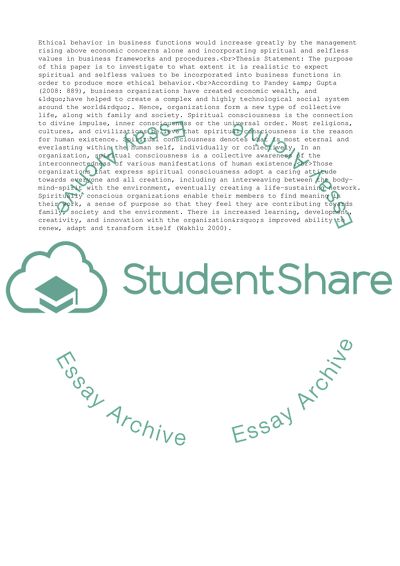Cite this document
(“Shaping Business Ethics from Personal Characteristics Research Paper - 3”, n.d.)
Shaping Business Ethics from Personal Characteristics Research Paper - 3. Retrieved from https://studentshare.org/business/1725235-business-ethics
Shaping Business Ethics from Personal Characteristics Research Paper - 3. Retrieved from https://studentshare.org/business/1725235-business-ethics
(Shaping Business Ethics from Personal Characteristics Research Paper - 3)
Shaping Business Ethics from Personal Characteristics Research Paper - 3. https://studentshare.org/business/1725235-business-ethics.
Shaping Business Ethics from Personal Characteristics Research Paper - 3. https://studentshare.org/business/1725235-business-ethics.
“Shaping Business Ethics from Personal Characteristics Research Paper - 3”, n.d. https://studentshare.org/business/1725235-business-ethics.


